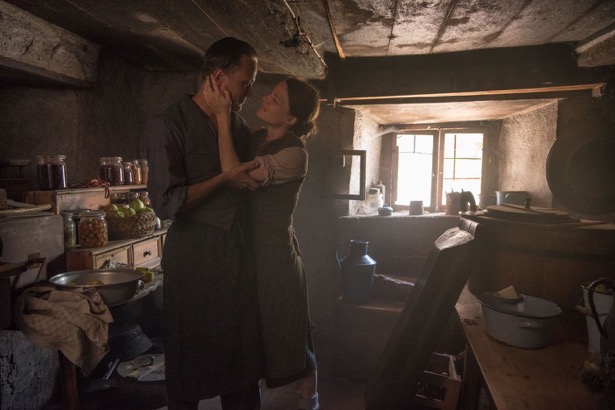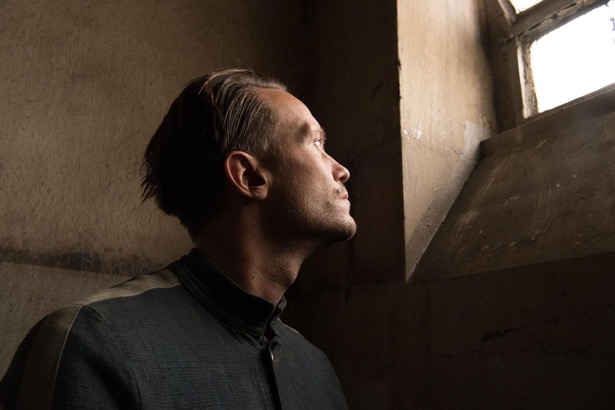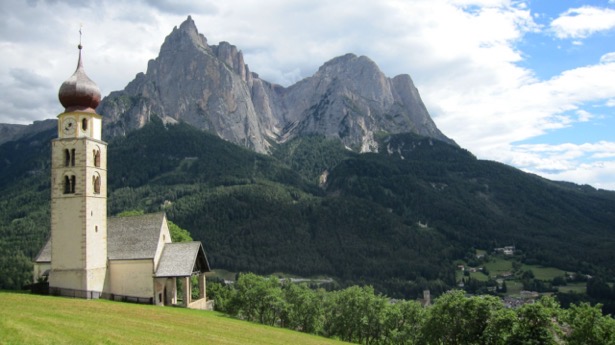A. O. Scott on Terrence Malick’s A Hidden Life:
Franz is not an activist; he isn’t connected to any organized resistance to Hitler, and he expresses his opposition in the most general moral terms. Nazism itself is depicted a bit abstractly, a matter of symbols and attitudes and stock images rather than specifically mobilized hatreds. When the mayor rants about impure races, either he or the screenplay is too decorous to mention Jews.
And this, I suppose, is my own argument with this earnest, gorgeous, at times frustrating film. Or perhaps a confession of my intellectual biases, which at least sometimes give priority to historical and political insight over matters of art and spirit. Franz Jägerstätter’s defiance of evil is moving and inspiring, and I wish I understood it better. First of all, Scott’s humility here is admirable — his sense that A Hidden Life holds some meaning or insight that he can’t quite grasp, but that might be worth grasping. Let me try to illuminate these matters.
Scott is saying, in part, that he knows how to see and interpret a Holocaust film, but this isn’t one. There are no Jews in it. It therefore evades acknowledging what almost all of us now think of as the most central fact about Nazism: its genocide of Europe’s Jews.
There are no Jews in A Hidden Life because in the Hitler era there were no Jews in remote Austrian mountain villages. And yet the ultimate demand of Nazism — its demand for unconditional and unquestioning obedience, as manifested in a spoken oath of loyalty to the person of Adolf Hitler — reaches even there. The craving of the totalitarian system for power, its libido dominandi, has no terminus, and its administrative and technocratic resources are such that it can and will find you and order you to bend your knee. So if Scott wants “historical and political insight,” there it is.

But that’s not where the story of A Hidden Life ends, that’s where it begins. What do you do when you are confronted with that absolute demand for absolute obedience? What do you do when the administrative extensions of Hitler’s will send you a letter that calls you to serve — when your Mortall God, as Hobbes named it, requires your obeisance? Maybe, if you’re a Christian, you’ll hear a voice in your head: “They are all acting contrary to the decrees of the emperor, saying that there is another king named Jesus.” And then what?
Behold, I tell you a great mystery: Some people heed that voice rather than the voice of their Mortall God. A. O. Scott doesn’t get it — “Franz Jägerstätter’s defiance of evil is moving and inspiring, and I wish I understood it better” — but then, who does? St. Paul famously speaks of the mystery of iniquity, but the mystery of courage and integrity may be greater still.
Dietrich Bonhoeffer — who died nearly two years after Franz Jägerstätter, at the hands of the same regime and for the same cause — famously wrote, “When Christ calls a man, he bids him come and die.” How is it that some answer that call, even when the death demanded is in no sense metaphorical? This is something that, I think, cannot be explained, though perhaps it can be portrayed. And that is what A Hidden Life seeks to do.
There’s a good reason, then, why a scene early in the movie presents us with a lengthy meditation by an artist who is restoring the paintings on the walls of a local church. The temptation, he says, is to comfort — to give the people “a comfortable Christ.” Will he ever have the courage to show the people “the true Christ”? He thinks he might. Someday. I see this as a question Terrence Malick puts to himself: Can he, dare he, show us the Passion of a poor Christian who has taken up his cross and followed Jesus into the valley of the shadow of death? Can his imagination stretch from the staggering beauty of the Alpine valley where Franz and his wife Fani had hoped they would be high enough, distant enough, to be safe, to the horrors of Tegel prison and then the guillotine? Can he show us? Perhaps. Can he make us understand? No.

Again, this is a great mystery. But the film holds another one, and this may require still more courage to portray. “But if we have died with Christ, we believe that we will also live with him.” The film ends not with Franz’s death, but with Fani’s devastated grief for him; and as she weeps and rails — and tries to learn to face a life raising her children without her beloved husband in a village that has almost unremittingly scorned him and, because of him, has shunned her and her daughters — she takes desperate hold on her own faith. She receives, or by some inexplicable strength of will conjures up, a vision. And this is not merely the usual hope for being reunited with one’s departed loved ones, though it contains that: it is, rather, a vision of the New Creation, the καινὴ κτίσις, the restoration of all that has been defaced, all that has been shattered, by the evil of men. It is, in the closing moments of the film, a confession of trust in the promise of the scarred and wounded King who sits upon the throne he has gained and says, “Behold, I am making all things new.”
